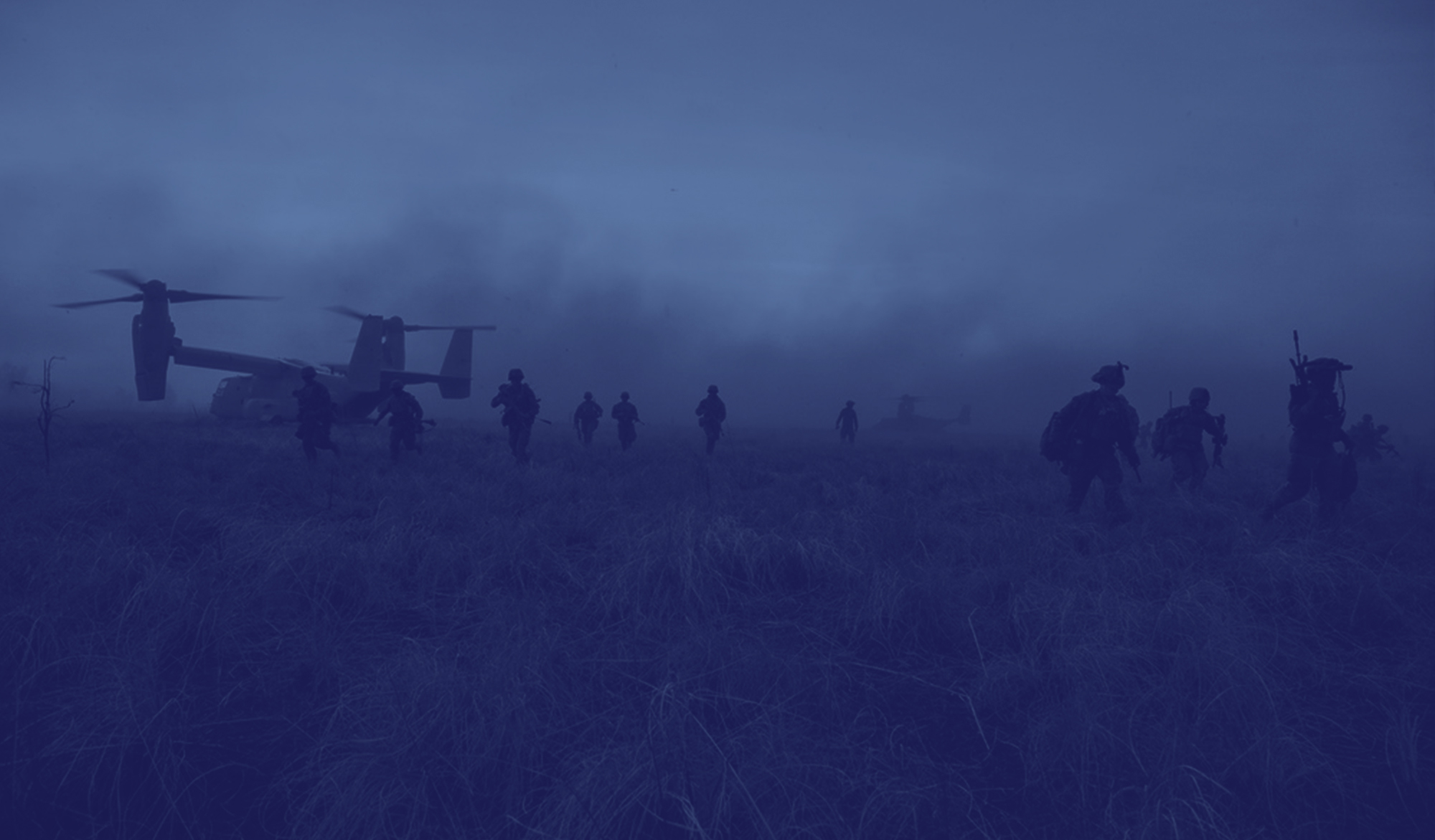Sgt. Guadalupe Rodriquez hands snacks to a family waiting to receive medical care during a women’s medical engagement held outside Combat Outpost Riley, July 10. Rodriquez is assigned to the female engagement team, Regimental Combat Team 7. This is her second deployment, first to Afghanistan. Rodriquez, 29, is from Sells, Ariz.
Story by Sgt. Heidi Agostini
COMBAT OUTPOST COUTOU, Afghanistan – Sgt. Guadalupe Rodriquez, dressed in more than 60 pounds of combat gear, sat and flipped through pages of Cosmopolitan magazine, stopping at the horoscopes section.“Scorpio,” she started to read aloud. “You have the travel itch on the third…this is a great time to score trips to tropical locales. Relax at the beach or lake in a nearby town.”
Her four teammates burst out in laughter, all looking around at the Marjah farmland surrounded by desert.
The desert environment isn’t new to Rodriquez, who was raised in Sells, Ariz., although she finds it ironic that she left one desert, only to find herself in another a few years later. Rodriquez, who has been in the Corps for five years, deployed to Afghanistan in March and is currently assigned to the female engagement team, Regimental Combat Team 7. This is her second deployment, the first to Afghanistan, where she is part of the Marine Corps’ newest program, aimed at establishing relationships with local Afghans, particularly women.
“With this culture, you have to speak with the Afghan males before you talk to the women,” said Rodriquez, 29. “We try to engage the entire population – men, women and their children. The toughest challenge I’ve encountered is trying to get the males to allow us to talk to the women. They have very strong beliefs in their culture which makes it hard for us.”
The FET usually find themselves on patrol or convoys and every so often they come across unforgiving water canals waiting for the next victim. Will the Marine make the jump, or miscalculate and continue on with the mission in wet boots and clothes?
“I remember my first patrol,” Rodriquez smiled. “When we came up to that water canal, it was more than what we were expecting. We jumped into it with both feet.”
Before she joined FET, Rodriquez was a motor transportation mechanic. Like most jobs in the Marine Corps, hers is a male-dominated occupation. She enjoys being a mechanic and even works on cars outside of work. She has her sights set on vintage trucks and a 1967 Mustang.
Now that Rodriquez is assigned to FET, she spends her days interacting with local Afghans and making sure her Marines are well taken care of. She is the first one to wake up on mission days, and usually the last to hit the rack. But before she does, Rodriquez spends a good half hour brushing her hip-length hair, inherited from her Native American and Mexican ancestry.
Many noticed her leadership style during pre-deployment training, including Capt. Natalie Kronschnabel, FET platoon commander, RCT-7. Rodriquez made sure the Marines were caught up on their pre-deployment training and ensured they were physically and mentally prepared for their deployment.
“She’s very professional,” said Kronschnabel. “She’s fair with the Marines and when I push tasks down to her, I know they’ll get done the right way.”
Kronschnabel adds that even though the entire FET is dispersed throughout the province, Rodriquez maintains contact with all members of the FET program and ensures they are treated and used properly by their respective battalion.
While on a FET mission, she searches Afghan women and converses with them with either a linguist or the little Pashtu she picked up during training and during her current deployment. Her intent is to find out more about the population in the village and their living conditions.
“By asking them questions and taking an interest in their well-being, it shows the Afghans a different side of Marines,” said Rodriquez. “When Afghans see or think of Marines, they assume they’re all male. But when they see female Marines, they feel more comfortable with us. We’re like the third gender out here because we can speak with men, women and children, whereas the male Marines can only speak with Afghan men and children. “
It’s an honor for Rodriquez to be part of the elite team comprised of female Marines. She believes this breakthrough will change the way female Marines are viewed in a combat situation. FET Marines are overcoming obstacles and leaving their own footprint in Afghanistan.
“Deploying to Afghanistan and being part of this team is an amazing opportunity,” said Rodriquez. “I wouldn’t trade this for anything else. Its definitely life-changing and it opens up your eyes, but it’s very humbling as well.”

